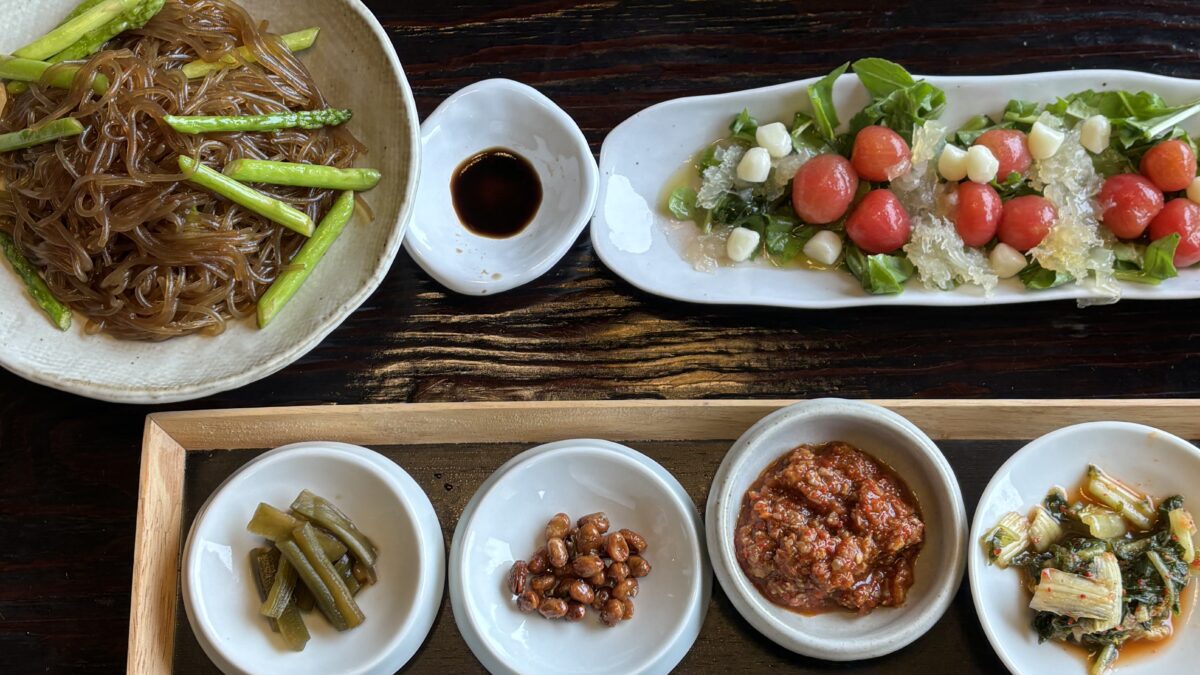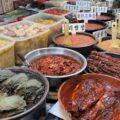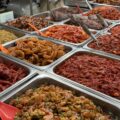Lucky Days in Korea

Traditional Korean Lunar Calendar — Auspicious ‘Gil-il’ Days for Food and Drink Preparation
The traditional Korean lunar calendar is filled with special days called ‘길일’ (gil-il), which means “auspicious days” or “good days.” These lucky days often refer to ideal times for important events like moving house or getting married, but they also apply to specific days believed to be best for preparing certain traditional foods and drinks. Want to make kimchi or brew soju? Read on to find out the best days to do it! All dates are based on the lunar calendar.
Kimchi Making Days
What dish comes to mind first when thinking about Korean food? Of course, kimchi! Most people immediately associate South Korea with this fermented “national dish,” consisting of salted cabbages fermented with chili powder and spices. Kimchi is served as a side dish at every meal, even breakfast! There are about 190 different kinds of kimchi in Korea, depending on the season or region. The process of making kimchi is called ‘kimjang’, which was listed as a UNESCO Intangible Cultural Heritage in 2013.
Traditionally, Koreans chose specific days called ‘days without son’ (손 없는 날) for kimjang. The word ‘son’ means “demon,” and these days without ‘son’ on the lunar calendar were believed to be lucky days when good things happen. That’s why important events like weddings, moving house — or making kimchi — took place on those days.
These ‘days without son’ usually fall on lunar calendar dates ending with 9 or 0 — for example, the 19th or 20th day of each lunar month. Additionally, kimjang always takes place at the start of winter — just before the ideal cold season for storing and fermenting cabbage.
Traditional Alcohol Brewing Days — The Days of the Pig
Did you know that Korea has over 1,000 types of traditional alcohol? The three main traditional home-brewed alcohols — gayangju, makgeolli, and soju — are still enjoyed by Koreans of all ages. You will see Koreans drinking traditional alcohol with Korean barbecue, on national holidays, while hiking or having a picnic, and on many other occasions!
There is also a special day in the lunar calendar for brewing traditional alcohol: the Day of the Pig. Besides brewing during the coldest time of the year, which allows the alcohol to mature slowly for rich flavor and floral scent, traditional alcohol was also brewed starting on the Day of the Pig.
The Day of the Pig in January is the coldest, and the second Day of the Pig in February is when home brewers made ‘nuruk’, the traditional fermentation starter made from steamed rice.
Why the Days of the Pig? Pig’s blood is known to be clean and clear. It is believed that brewing alcohol on these days results in a higher-quality liquor.
In 2018, the January Day of the Pig coincided with a Day without Son, making it an extremely special day! Brewing on this day, followed by the second nuruk stage on the February Day of the Pig (March 20th on the solar calendar), is said to produce the best traditional alcohol.
The Days of the Horse — Sauce Making Days
Korean cuisine is based on a wide variety of unique sauces called 장 (jang). These sauces are arguably one of the most important elements of Korean cooking. Mixed with different spices and ingredients, jang gives Korean food its amazing variety of flavors. Well-known types include gochujang (red chili paste), doenjang (fermented soybean paste), and ganjang (soy sauce).
The best days to make jang were traditionally the ‘days without son’ and also the lunar calendar Days of the Horse, which fall on February 7th and 19th, and March 3rd and 15th.
The Day of the Horse was chosen because horses have very dark blood, and dark-colored jang was considered the best. It was also believed that making sauce in cool weather results in a less salty and better quality product. Additionally, cool weather helps prevent bugs and worms from getting into the jang pots.
Koreans, who put their heart and soul into everything they do, don’t overlook this profoundly meaningful culture, even when it comes to food. If you keep this tradition in mind as you enjoy Korean food, you’ll find it even more enjoyable.



